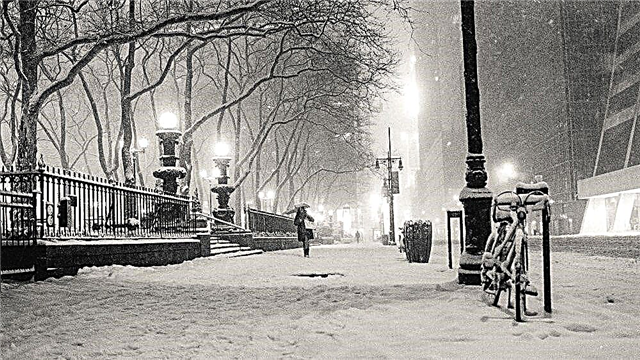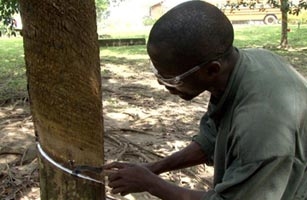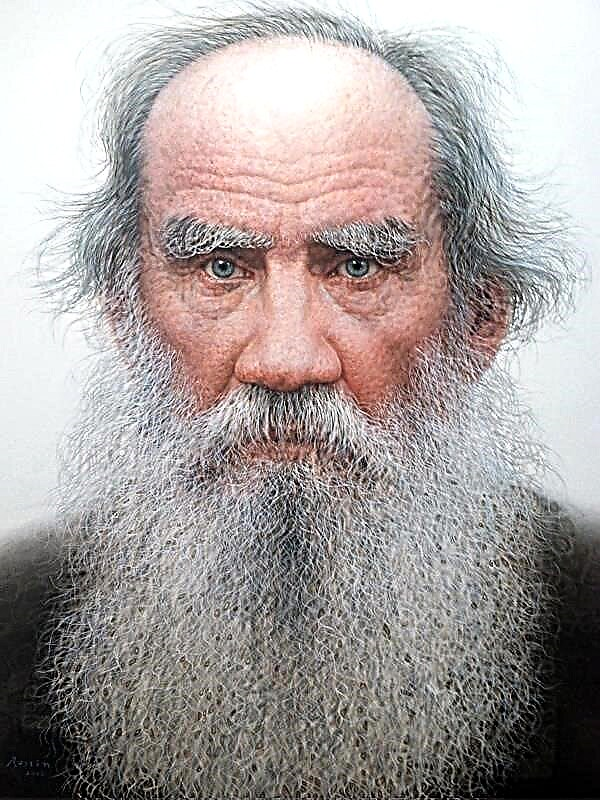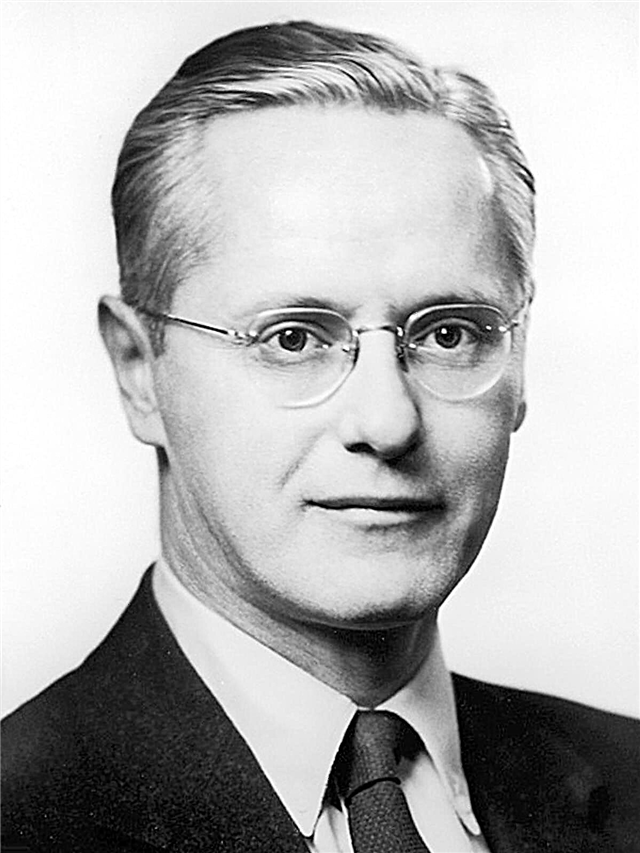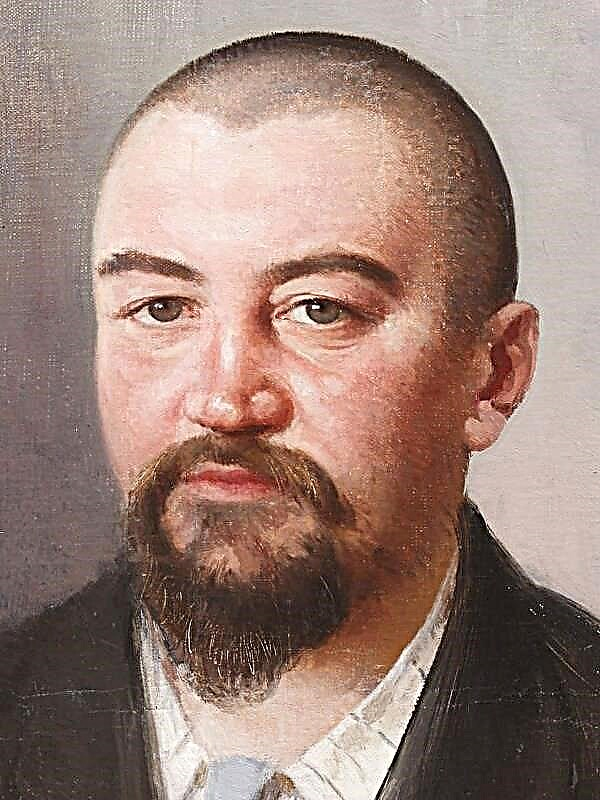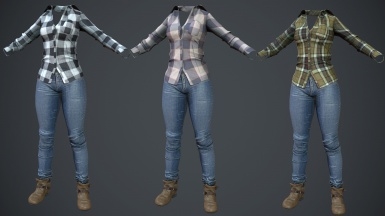In the preface to the novel, the famous Czech writer briefly tells the story of the border guards. “Since ancient times, dense forests have served as the natural and reliable protection of the Czech kingdom.” Then they began to cut them down, but along the edges of the royal forests, in the valleys, between the ridges of the hills, in their villages there were passages, “strong people, hardened, strong heroes, wise disposition”. They carried out their service honestly, courageously fought with both choppers and poachers. Their loyal friends were big and strong dogs. On the banner of the moves was a coat of arms depicting a dog’s head, so the moves were called “psogolavtsy”. Czech kings appreciated the difficult, dangerous service of moves and issued letters to them, which spoke about the special rights and privileges of moves. They were not serfs before the fateful battle for the Czech Republic at the White Mountain in 1620, when the country lost its independence. The imperial governor sold the moves to Baron Lamminger. He, of course, did not want to recognize liberties and privileges. Freedom-loving people staunchly defended their rights from violence and lawlessness. This struggle lasted for more than sixty years, but in 1668 their privileges were forever canceled, and they were obliged, under pain of strict punishment, to keep the perpetuum silentium - “eternal silence”.
But the proud moves could not come to terms with their position. They continued to naively believe that the letters issued to them once by the Czech kings could not lose power, that it was necessary and possible to achieve justice by law. About how the moves tried to defend their rights, about the faith of simple gullible people in a “fair” emperor, in the honesty of lawyers and the court, and is narrated in the novel.
The moves kept their letters in the treasured oak casket, which they hid in one or the other cache. Baron Maximilian Lamminger, who received the moves as an inheritance, knew that it was impossible to achieve their “eternal silence” while this box was in the hands of the moves. He made his faithful servants track down the casket. The Drazeshevsky headman Krshitov Gruby learned from his loyal people about this search and hid the casket from his sister, old Kozinikha, from whom, he and the district headman Jiri Syka believed, no one would look. The Baron understood that only by provoking his disobedient slaves to open revolt would he be able to summon an army to help him find the casket. He ordered to cut the boundary linden from the rich peasant Jan Sweet, by the name of his estate, nicknamed Kozina. The young, hot Kozina and his best friend, the cheerful piper Iskra Rzhegurzhek rushed to save the age-old linden. A strong, brave Matei Pribek arrived in time for help. The pansky courtyards ran away, but they managed not only to beat Iskra, but also to break through Jan's head. Kozina, seeing blood in his palm, bitterly remarked: "it means that blood has already been spilled." Ian remembered the warning of his father (an honest man, who was removed from the post of the headman, because he did not want to dance to the tune of the lords and go against his own) that the baron is very cruel and a little blood will cause more and nothing but misfortunes and ruin will bring moves . But the father was also sure that the moves would not keep “eternal silence”, that someday this struggle would begin.
After a skirmish at the boundary, Lamminger called in an army that rummaged, robbed and ruined all the yards. They found the treasured casket, but the old Kozinikha, whom her son managed to warn, managed to hide two letters under his clothes. Lamminger with great joy burned before the eyes of the beaten, exhausted by the soldiers moves of their diplomas. Now, finally, he thought, the peasants would be his obedient slaves.
The discerning baron, noticing how young Kozin looked at him, realized that he was facing not a clogged, cowardly serf, but a proud, free man, with great self-esteem. And the goal of the life of the baron was the desire to break, humiliate, and better destroy this proud man.
Kozina led the struggle of moves for their rights. He, a loving husband and father of two children, understood that this struggle could end tragically for him, but he also understood that nothing can be achieved by force, it is necessary to act according to the law, through the courts, and it is best to turn to the emperor himself. This was convinced by the turner Matei Yust, who told the moves how the lords took the land from him and he could not get justice anywhere until he got to the emperor in Vienna. At the meeting, he told Just: "Come back home with God, you will be granted justice." In addition, when Just left, the emperor, learning that he was from Domazlice, asked: "So you probably know the moves." So he remembers them. Of course, getting to the emperor is difficult, it costs a lot of money, but Just will help them, he has a very good lawyer. The moves again had the hope of asserting rights, becoming free, and not obeying the evil Trganov’s pan. The peasants chose walkers to Vienna, with them Just just eagerly set off. The castle did not know anything until the court adviser, the baron’s constant well-wisher, informed him of the steps taken by the peasants. The baron had great connections at court. And although the walkers managed to get into the magnificent imperial palace, and the emperor appointed a commission to deal with the letters of letters, everything ended tragically for the peasants.
Having learned that a commission had been created, and believing that the truth was on their side, the peasants stopped going to corvée, paying taxes, and burned a whip in Shrovetide before the eyes of the Trganov pan - a symbol of their serfdom. Kozina warned his fellow villagers that they should not allow any liberties until the decision of the commission was announced. But the peasants did not obey Kozin, they believed that he was vainly cautious, because the truth was on their side. But power and authority were on the side of Lamminger, and he achieved his goal: the commission did not recognize the right of moves. The regional hetman read out to the gathered at the baron’s house “on behalf of his imperial majesty” the commission’s decision, which stated that they had violated the strict eternal silence strictly prescribed to them and for this masterful and daring act they deserved a strict penalty and punishment. But the emperor can forgive them under the indispensable condition that from now on they will not arrange secret gatherings, riot and submit petitions, complaints, petitions "about their alleged rights." In the presence of the hetman, the moves must under oath promise "obedience to their gracious pan." The moves were stunned. There was an ominous silence in which Kozina's voice menacingly sounded: "This is not true." The emperor would immediately tell them that they have no rights, and he appointed a commission, and she made an unfair decision. The crowd met with a roar of approval Kozina's words. The indignant moves refused to swear allegiance to the baron. And when the brave Matei Přibek, who never believed that freedom could be achieved by law, shouted: “To Lomikar!”, A forest of coinage menacingly rose above the crowd. Matej Přibek and other passages with raised coins rushed to the castle doors, but Kozina got ahead of them. He and his uncle, Krshitov Gruby, blocked the road and thereby saved the life of the baron. Matej Přibek, outraged by the peacefulness of his fellow countrymen, said with a crooked grin the prophetic words: “Well, I’ll see how Lomikar will thank you for that.” He really "thanked them lordly."
Old Pribyek, the last standard-bearer of moves, foresaw that the whole thing would end tragically. A large comet that illuminated the sky for many nights, he said, portends a great misfortune. In his lifetime, he saw more than one comet, and "always there was either war or famine and pestilence." But the moves were full of hope. And Kozina, and his uncle, and the elder Syka, and others went to seek the truth, now in Prague. They found a new “good” lawyer, paid him a lot of money collected by the whole world, and again filed a lawsuit. The Czech judges scoffed at the walkers to the best of their ability, they saw two royal letters, preserved by the old Kozinikha, so hard saved by the old woman and made a decision: the moves should swear "to loyalty and obedience to your rightful lord." The moves were refused, the President of the court said that the peasants raised a riot, they seized the managing baron with weapons in their hands, so the court cannot let go of the house. They were sent to prison.
Indeed, the entire Chodsk region rebelled, but the baron pushed people to this uprising. Laminger, taking advantage of the fact that the moves resisted his people, called the army. Learning about the approach of the troops, the inhabitants were very frightened at first. Not only confused Matey Přibek. He skillfully organized the withdrawal of the villagers into the forest, and ordered the men to pack up with coins and guns. In captivity at the moves was a burggraph. He was told that if at least one house was set on fire, they would hang him.
When the moves saw the shaft of their old banner in Matei’s hands, they joyfully greeted their recognized leader. Tracks from different villages went into the forest. During the night they built huts, made shelters for women and children. They prepared to patiently wait for a fair decision of the emperor. The army, of course, reasoned the moves, the baron called the villain, and when the emperor finds out, he will not allow his soldiers to shoot at peaceful peasants. They are not robbers, not bandits.
The elder Syka, returning from Prague, told the moves that at the trial their letters had been torn apart and they now have no rights, and Kozin and old Gruby were sent to prison, so you have to put up and submit to the authorities. The irreconcilable Matei said: "It is better to be killed than to be a slave, a cattle under the slaughter." And he, and another man a hundred bold moves entered into an unequal battle. In this battle, Matei and many other moves were lost. And those peasants who went with confession were sent to prison. The soldiers looted, burned houses and manor moves.
In Prague, in a court of appeals, the representatives of the parliament were demanded to invalidate the old freedoms and swear allegiance to Pan Lamminger. Many moves, tormented by prison, homesickness, subscribed to this demand. Only Gruby and Kozina refused to do this. They were sentenced to a year. Laminger was dissatisfied with the decision of the Court of Appeal and ultimately ensured that the three instigators of the riot were recognized as criminals and sentenced to the gallows. And the elder Syka and Brykht had to stand at the pillar every day for two hours, and then they had to be expelled from the country. Other rebellious moves were sentenced to different terms of imprisonment. Until the last minute, the moves believed that the emperor would not allow such injustice. Indeed, the gracious emperor replaced the three gallows with one - for Kozina. The Baron was triumphant. He even allowed his wife and children to meet with her husband before being executed. Lamminger ordered the moves to be executed. The moves went to Pilsen to say goodbye to his “sufferer”. The Baron, seeing a long string of carts, thought that he had finally obtained obedience from his subjects. The calm, cold baron always closely watched Kozina’s behavior before execution. Yes, his will was never broken. He held firm, proudly, boldly. Standing on the platform, Kozina straightened up and, looking at the face of the baron sitting on a raven horse, exclaimed: “Lomikar! In less than a year and a day, we will appear together before the throne of the supreme judge, and then we will see which of us ... ”They did not let him finish. Forever remembered the moves that day.
At first, the Baron did not dare to come to his castle. Old Pribyek often went to the hill and looked towards the castle. The old man was waiting for God's punishment to fall upon the head of a cruel pan.
Only the following year, the baron came to the castle. All night long nightmares tormented him, he complained about his health, became even more irritable and angry. All the time he remembered how this rebel with a noose around his neck dared to call him to the judgment of God. Exactly one year and one day later, the baron died of a blow. Old man Přibek, learning about the death of the hated baron, exclaimed: “There is still justice! There is still God! ” Hody believed that in the end Kozin won them, not the baron. From generation to generation, Yrasek finishes his narrative, the stories about Kozin and the glorious past of the “psoglavtsy” have been transmitted and will be transmitted.


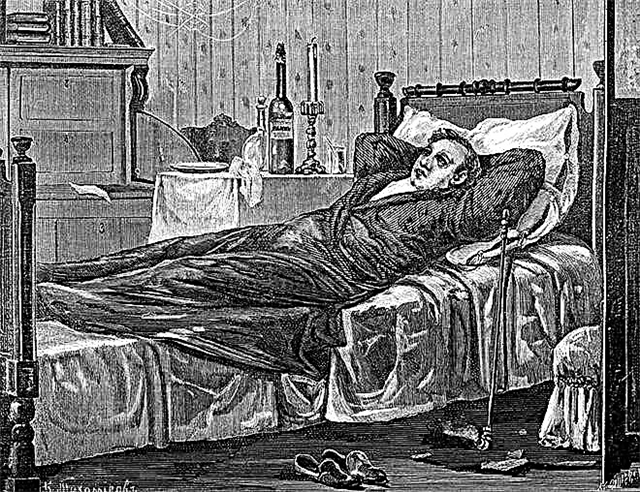
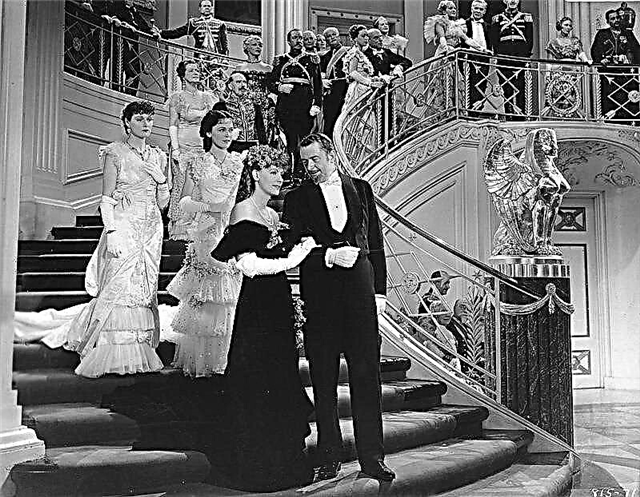
 Menehms
Menehms